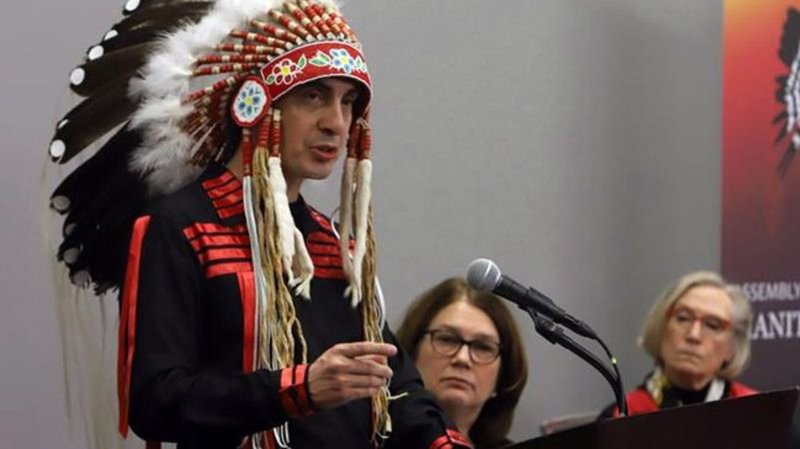
‘We are at risk:’ Leadership sounds alarm as COVID-19 cases surge among First Nations
WINNIPEG — Grand Chief Arlen Dumas shook his head in shock when he saw the line indicating new First Nations infections on a chart during the Assembly of Manitoba Chiefs most recent COVID-19 meeting.
“Up until today the average was usually slightly below the provincial rates, but today is quite alarming,” Dumas said Friday.
Indigenous leaders and health professionals are warning that the second wave of COVID-19 is building
quickly among First Nations on the Prairies.
Canada’s chief public health officer, Theresa Tam, reported Friday that 26 Indigenous communities had reported two or more active COVID-19 cases. Seventeen of those were in Manitoba.

